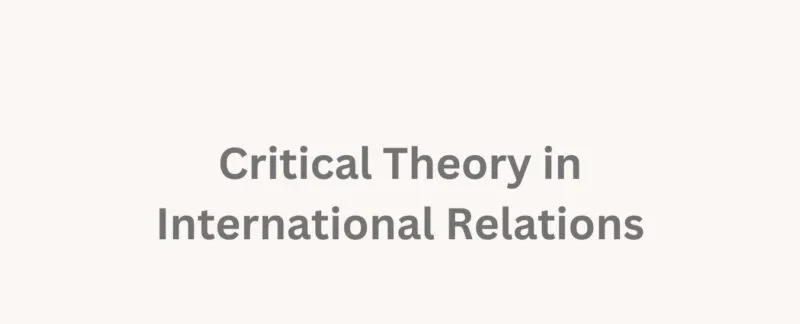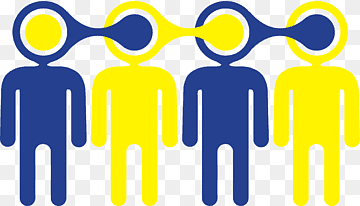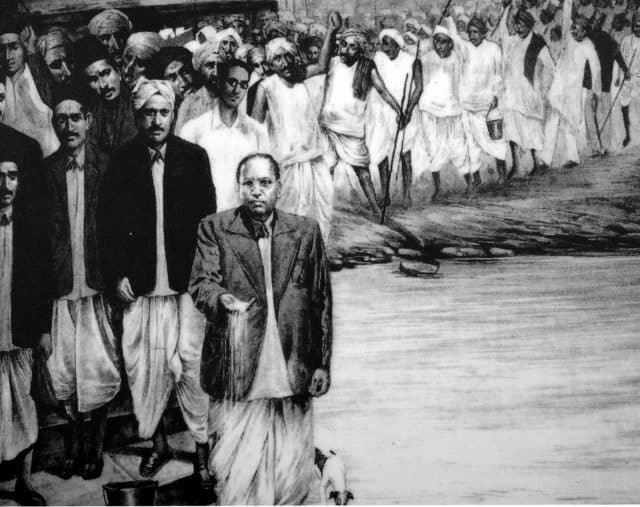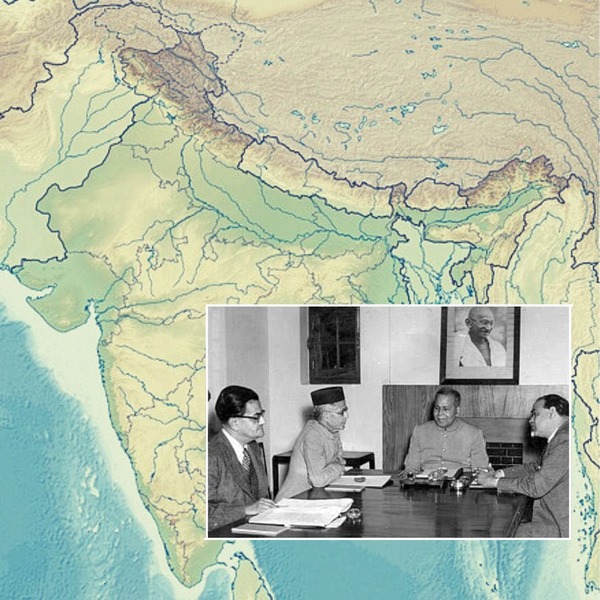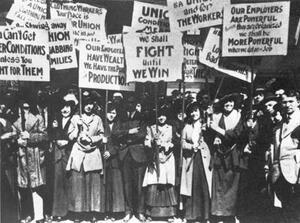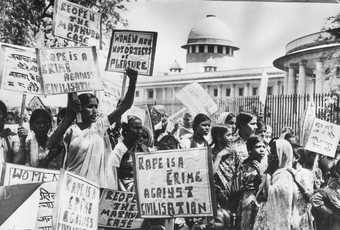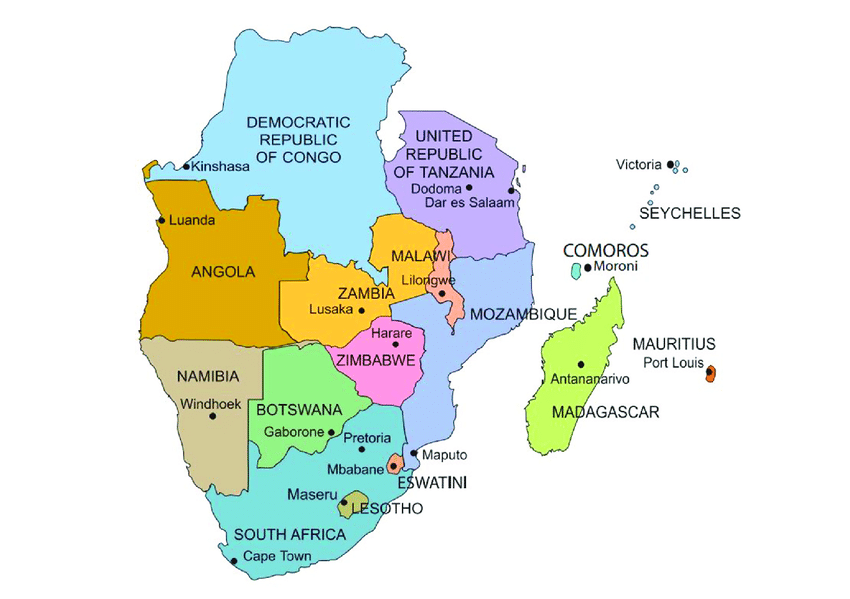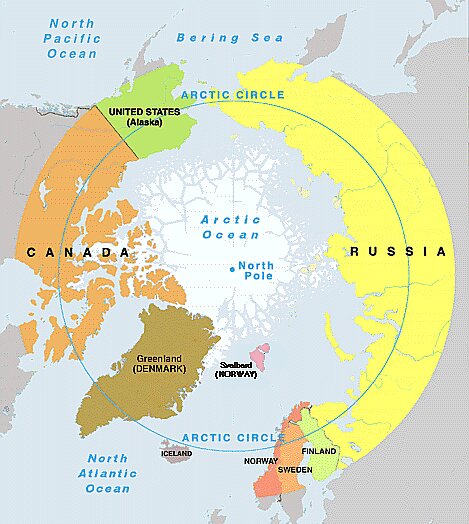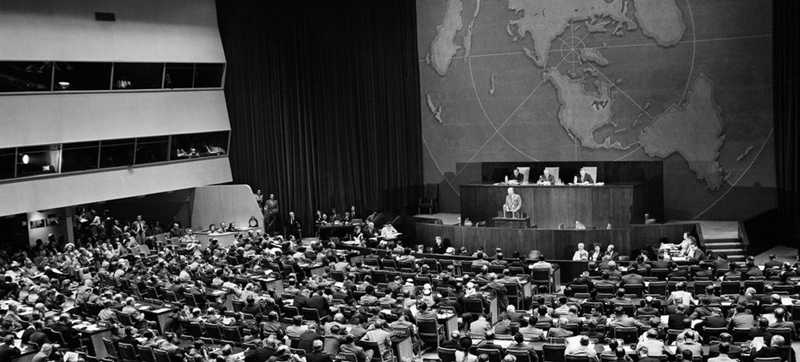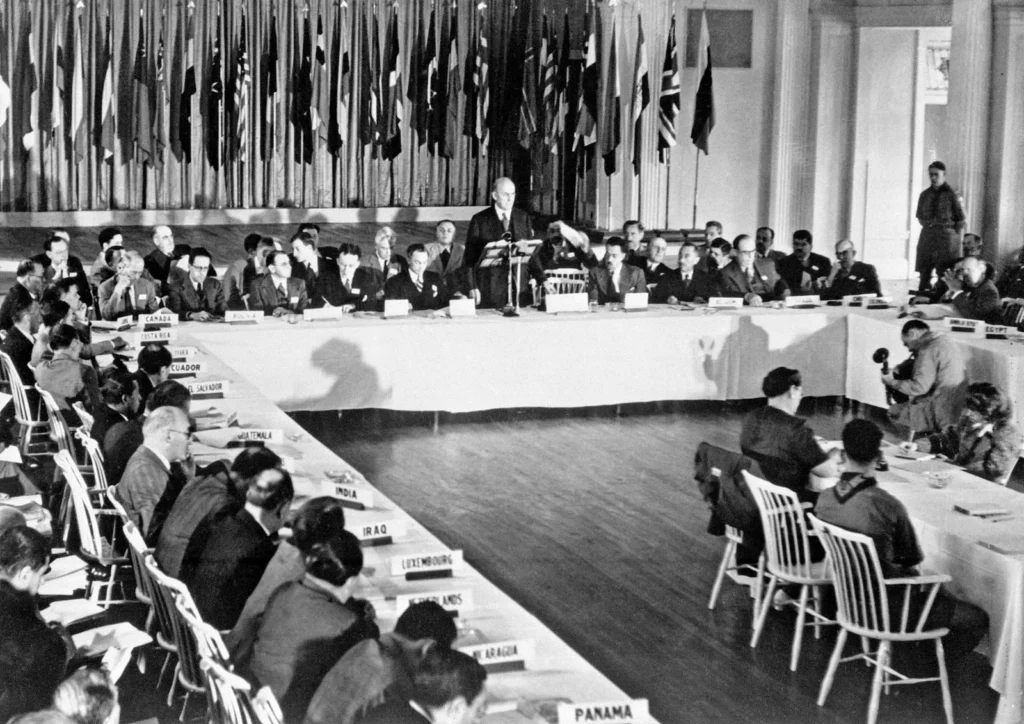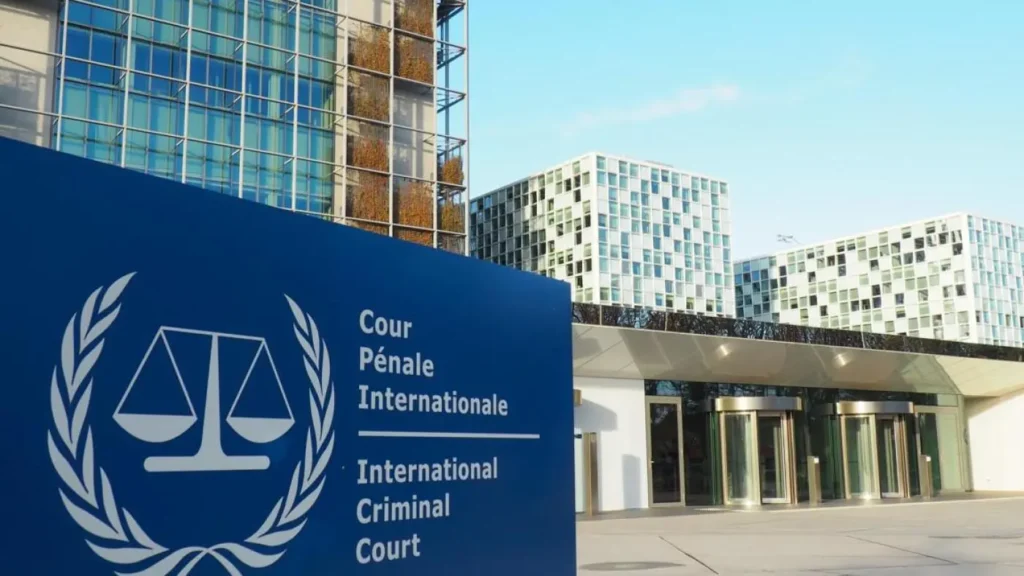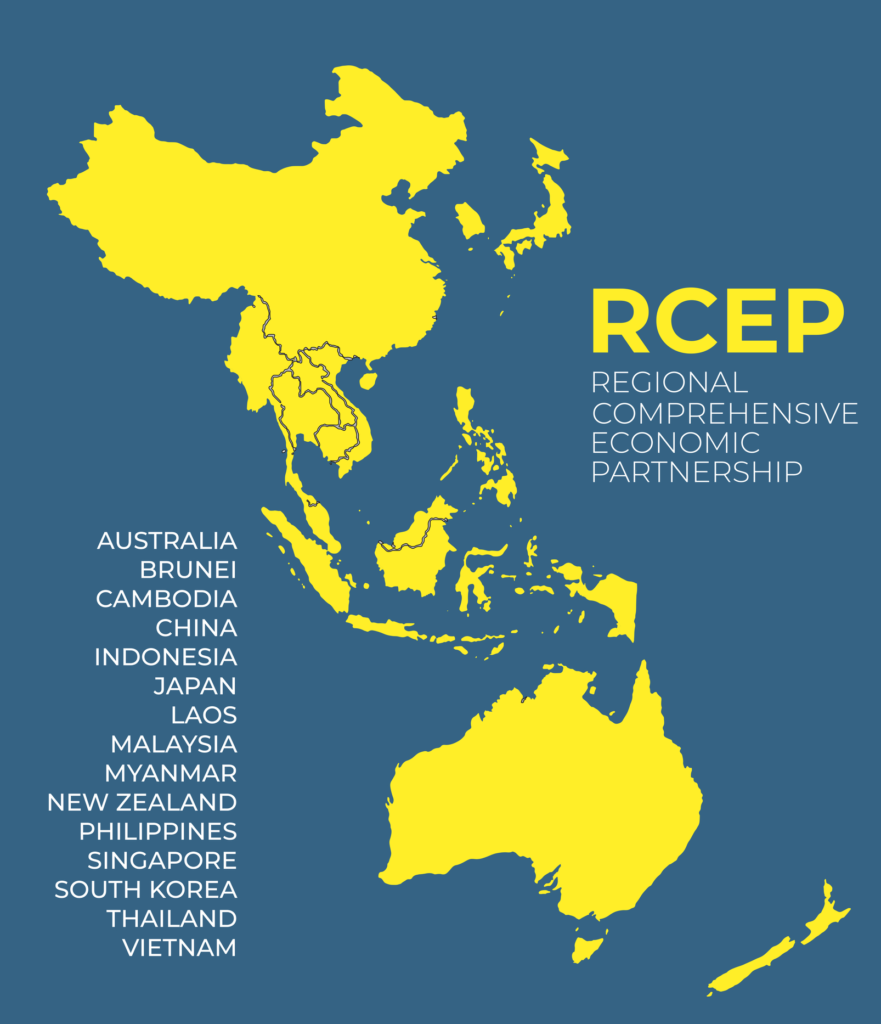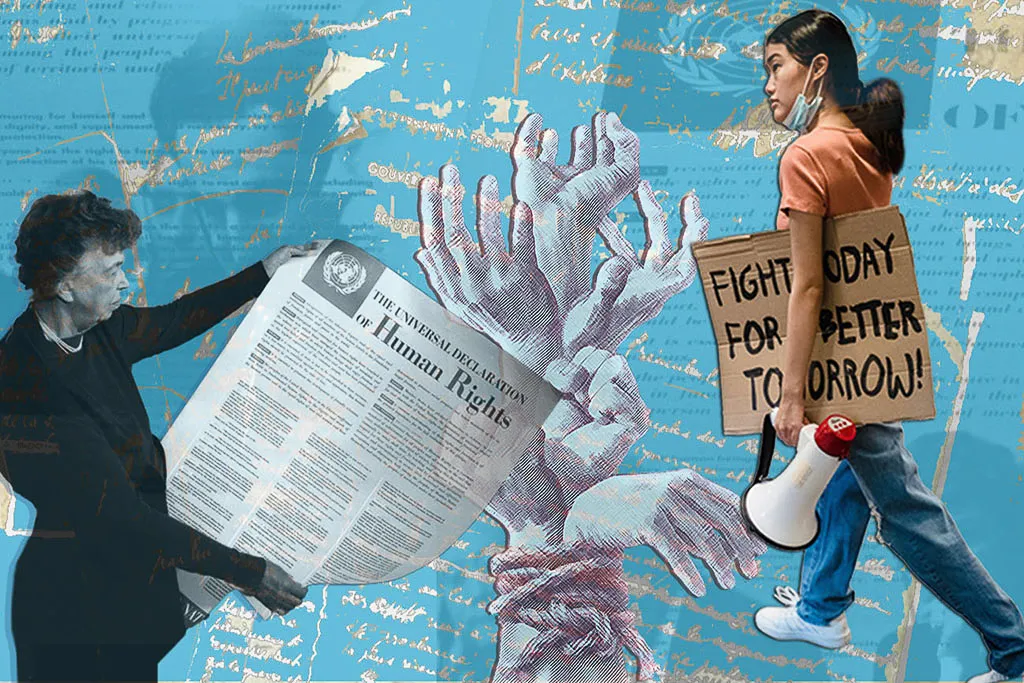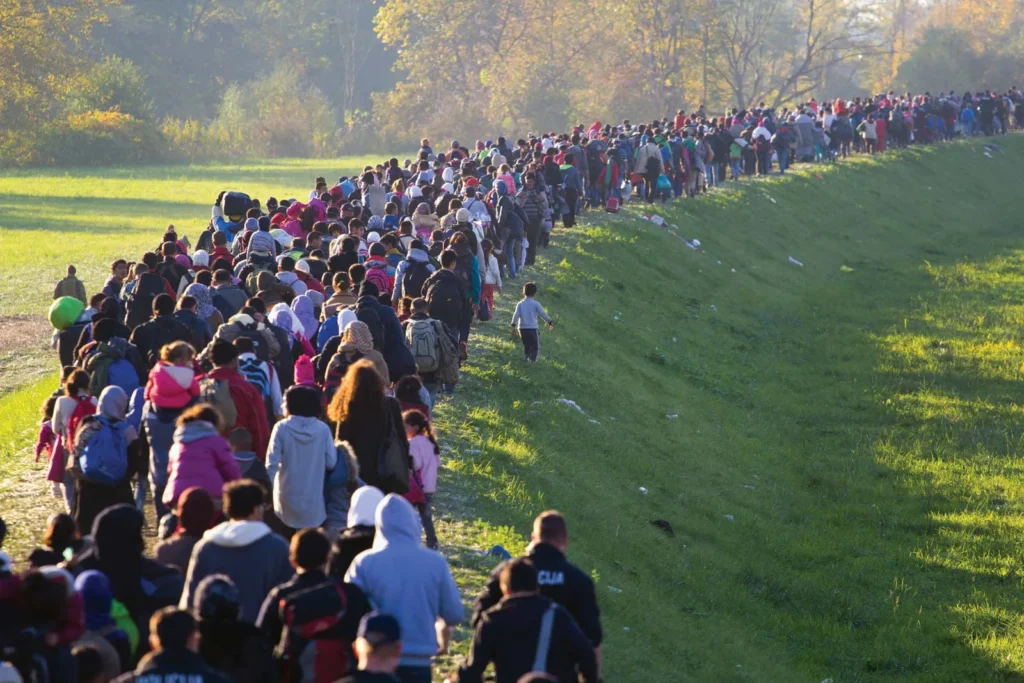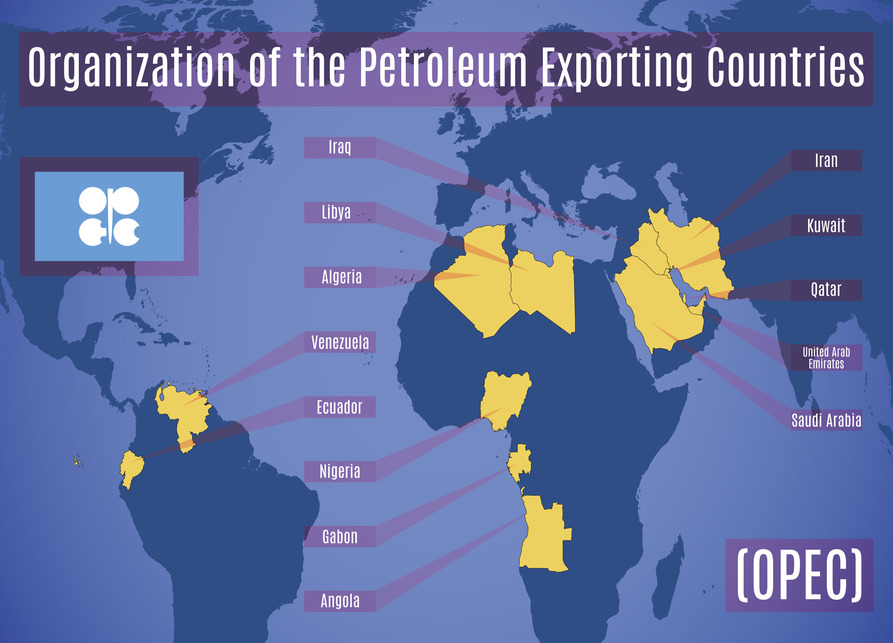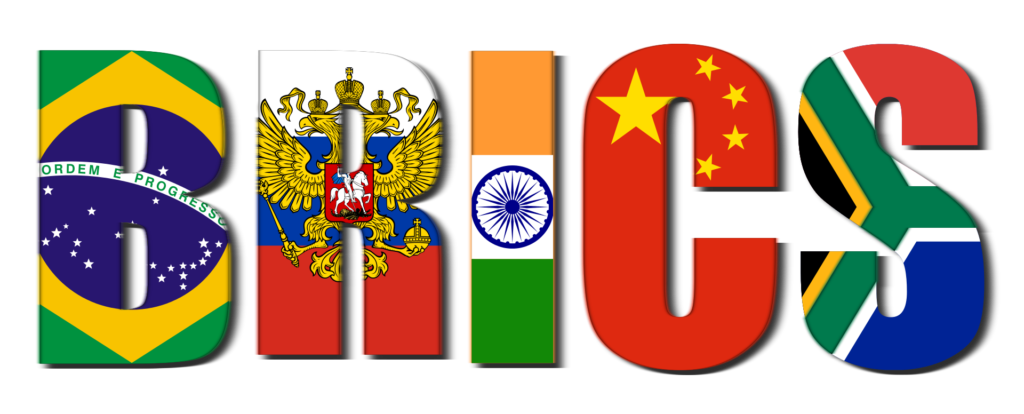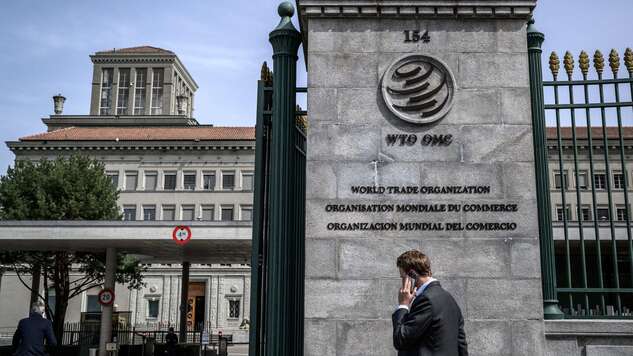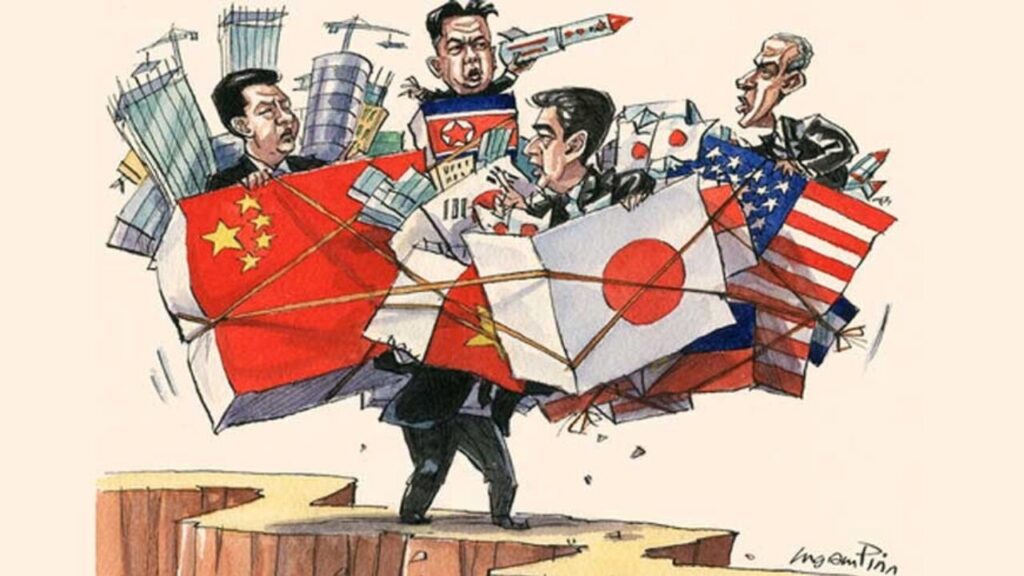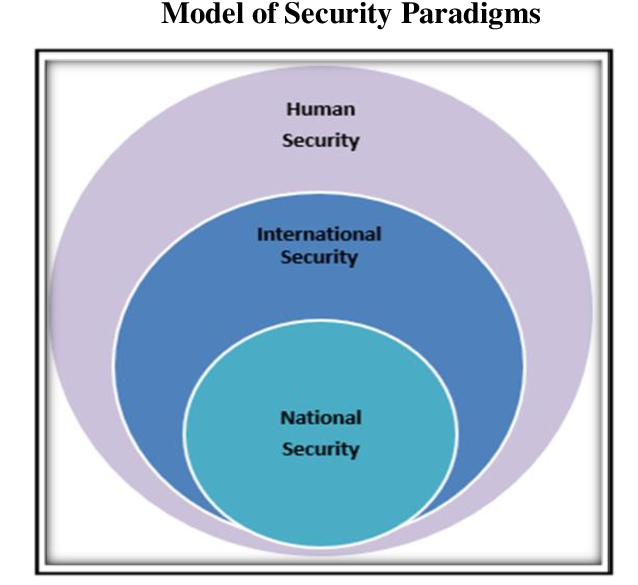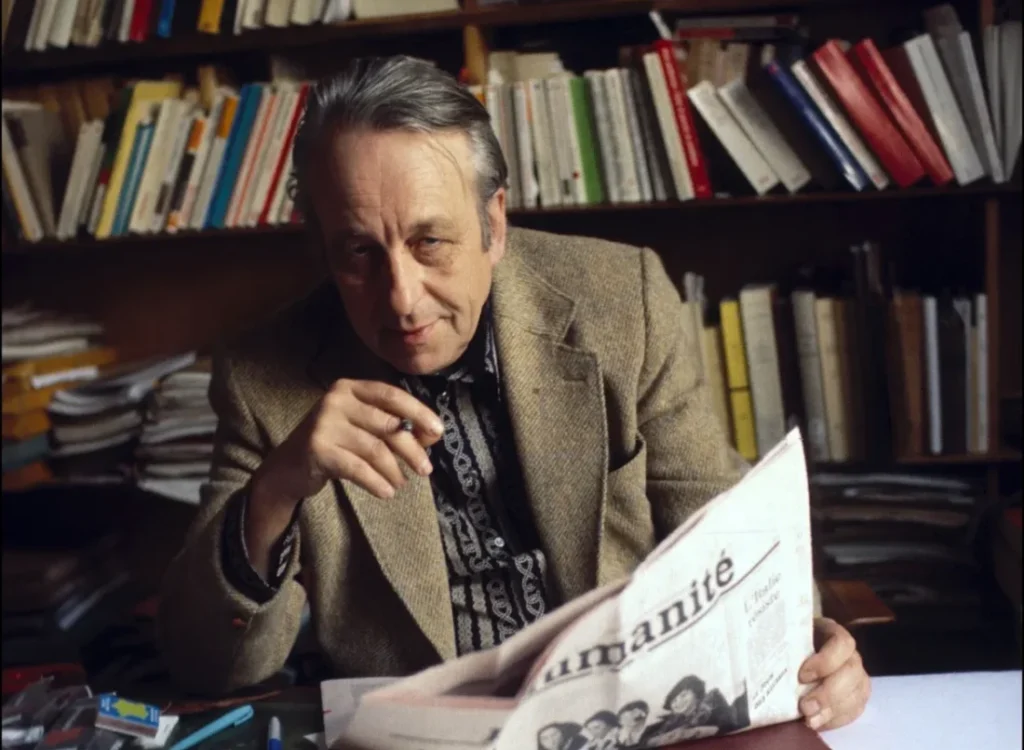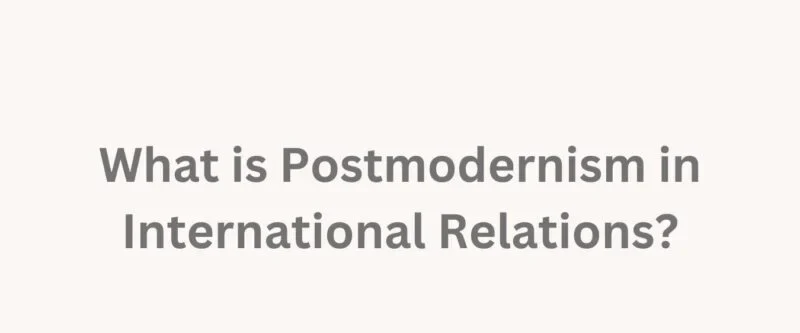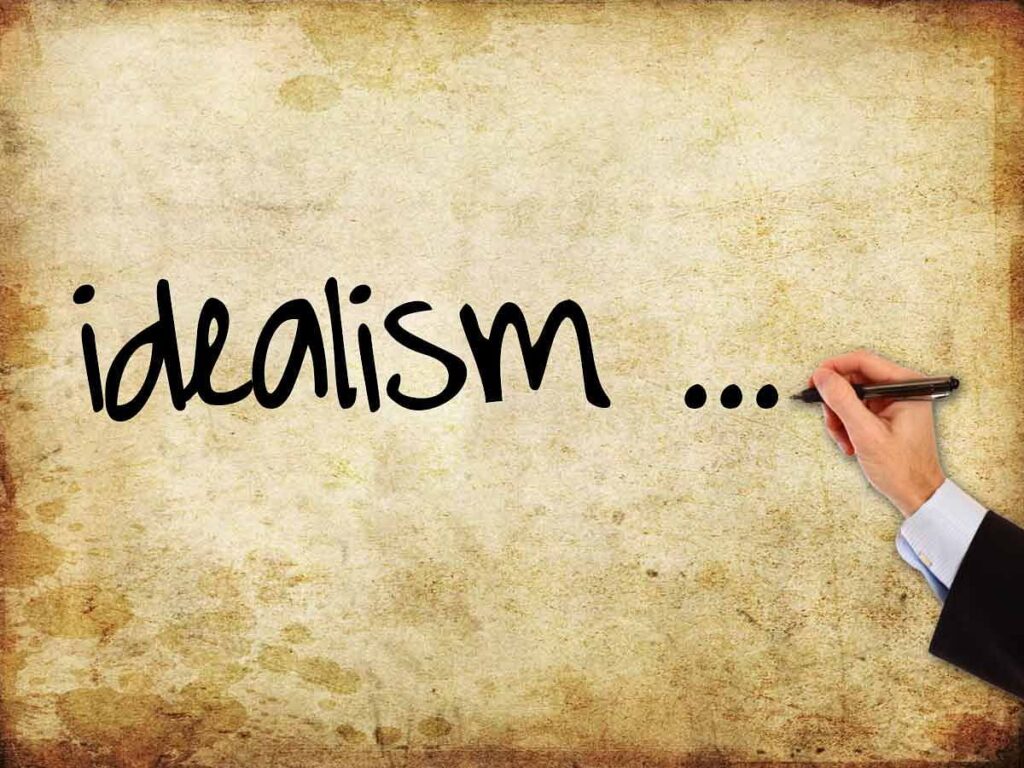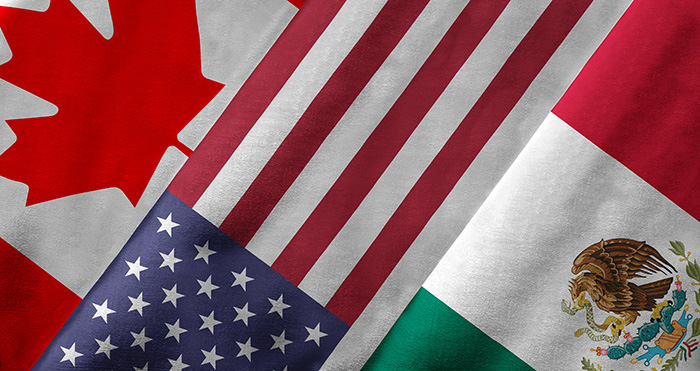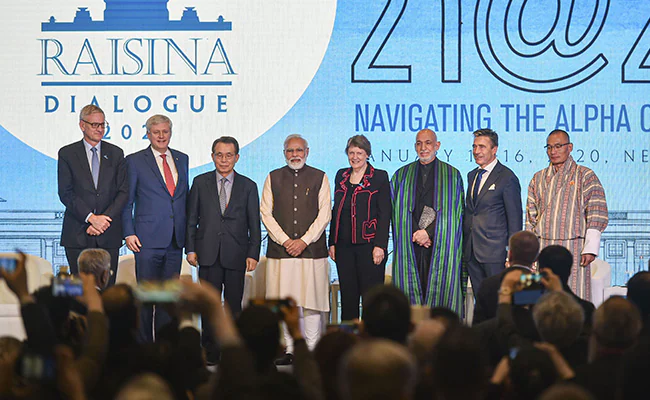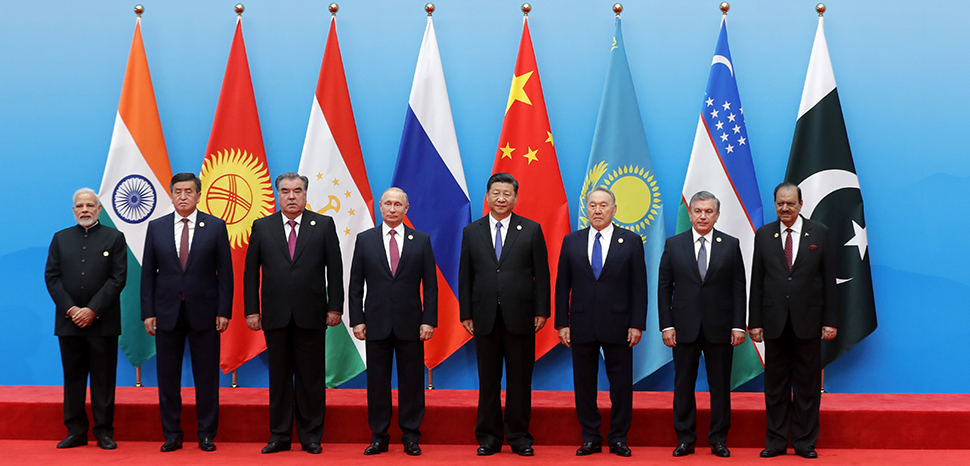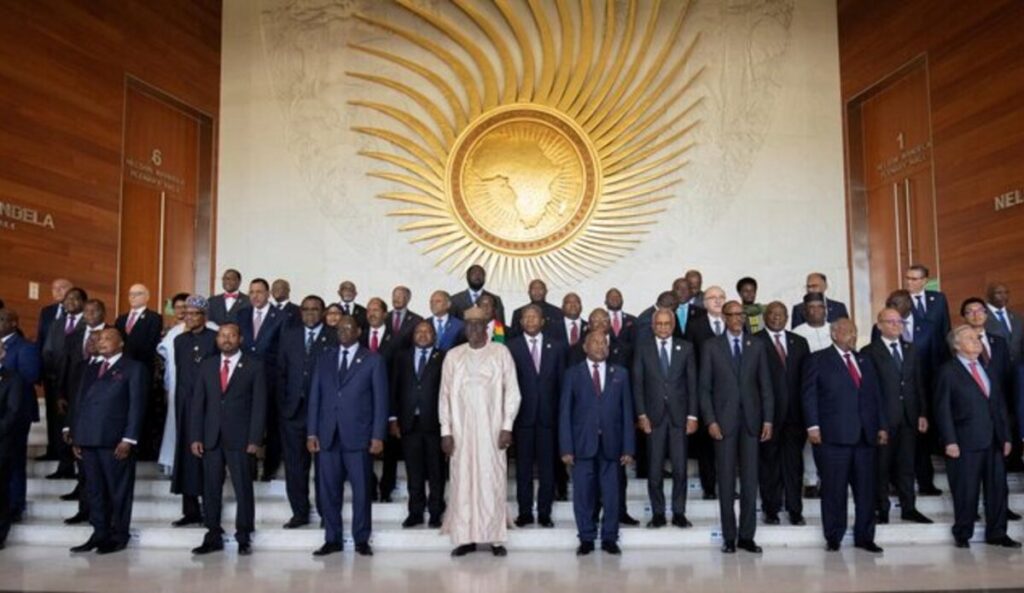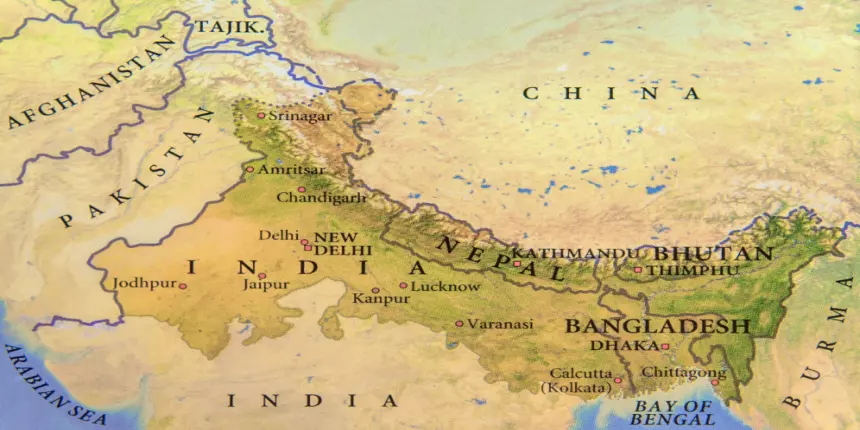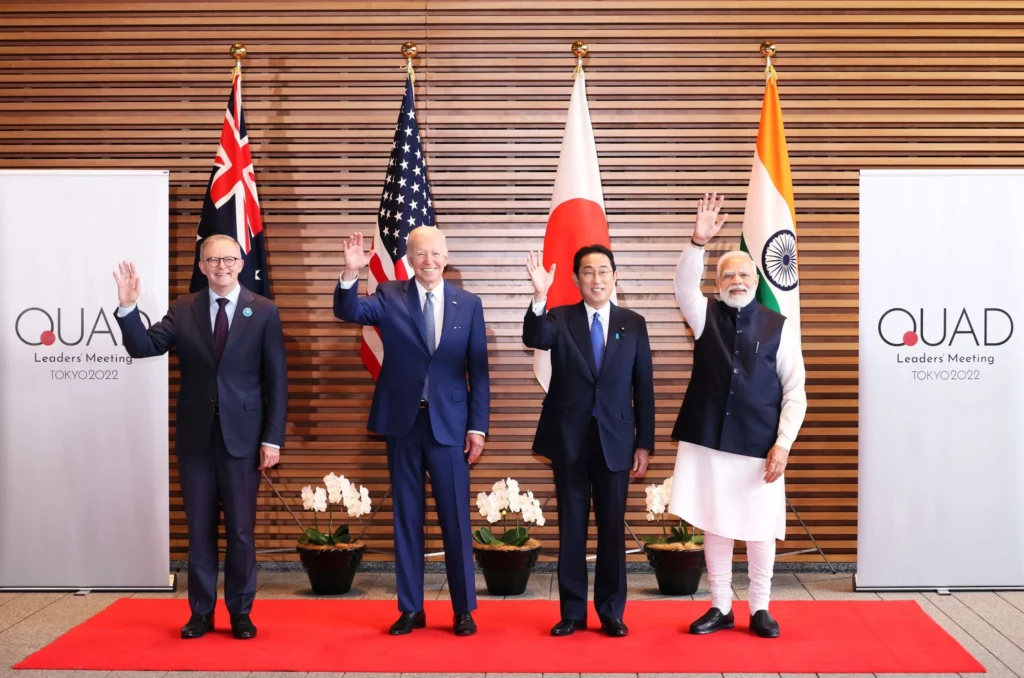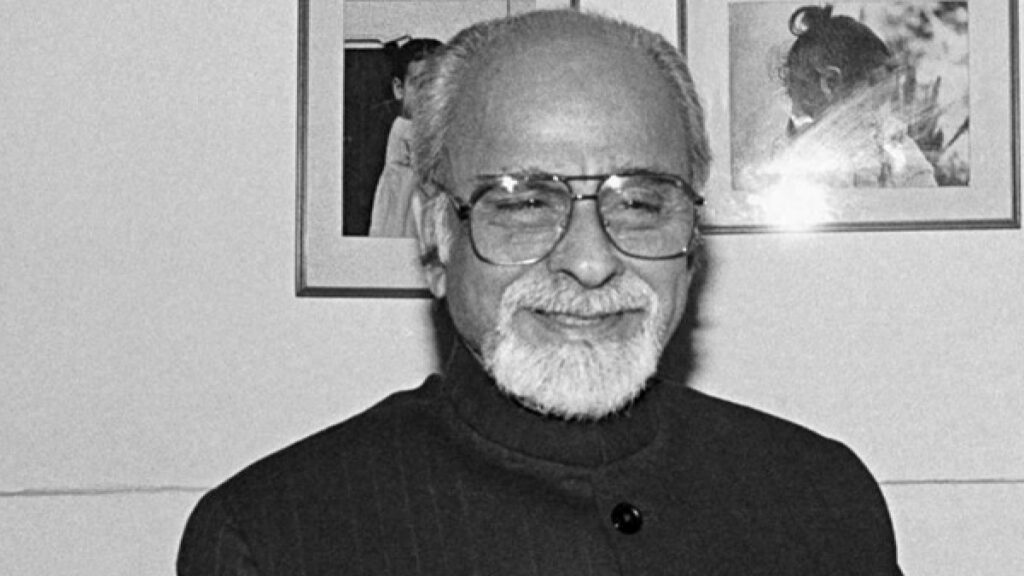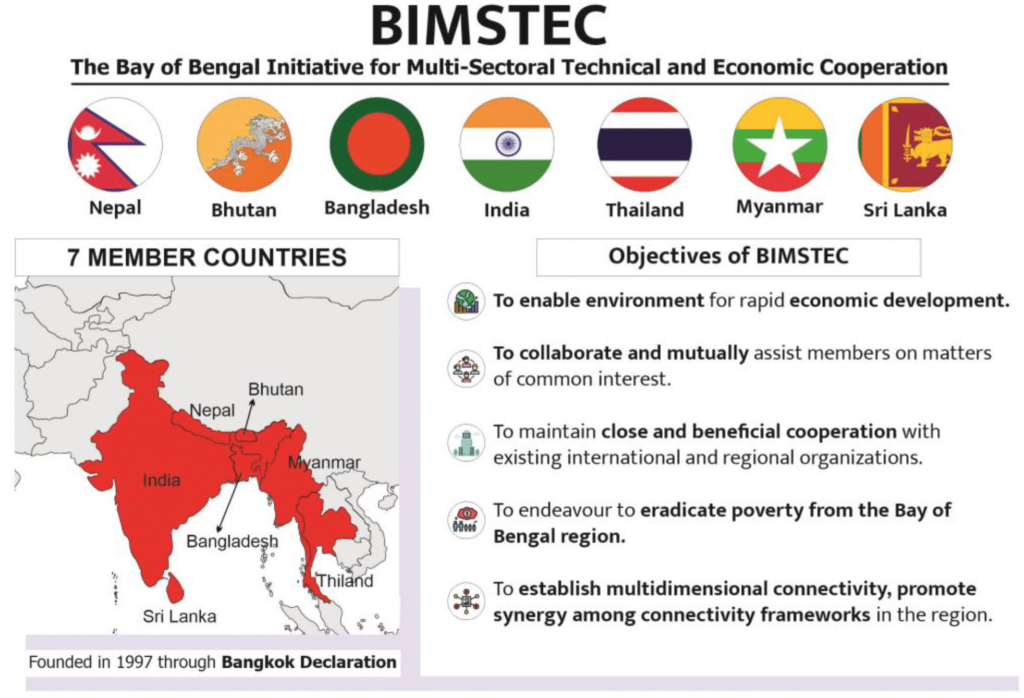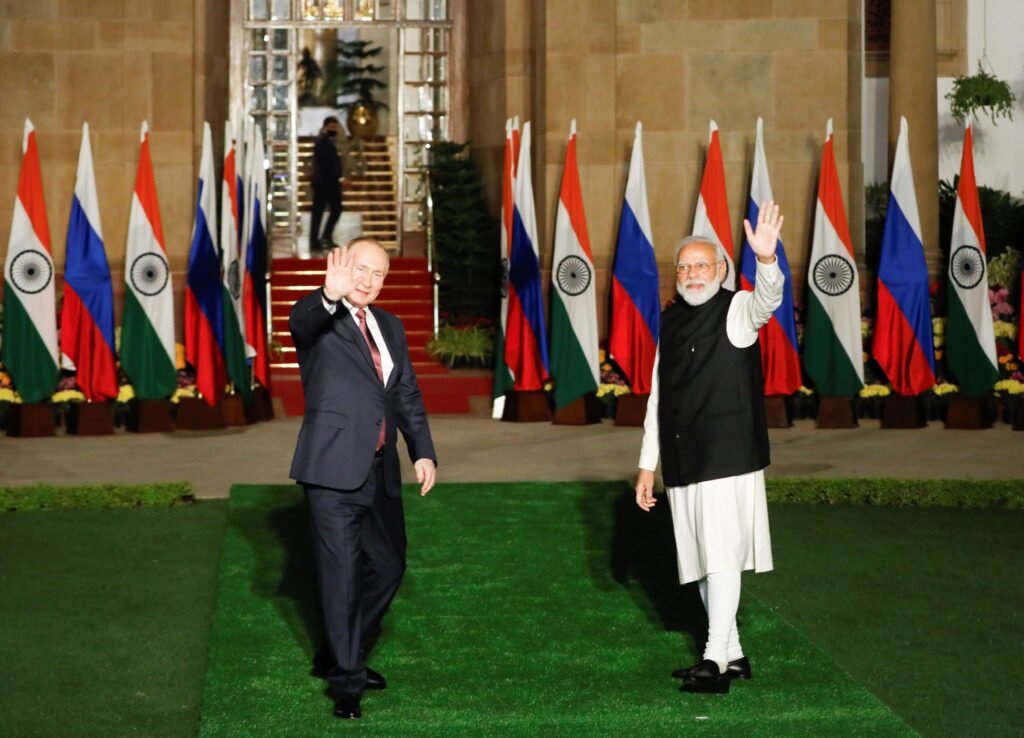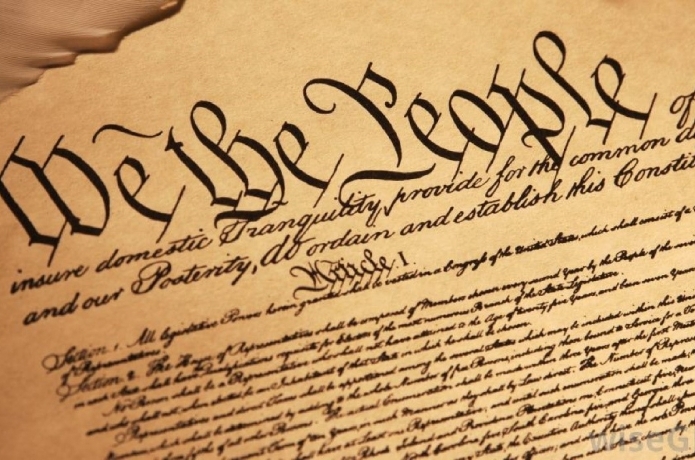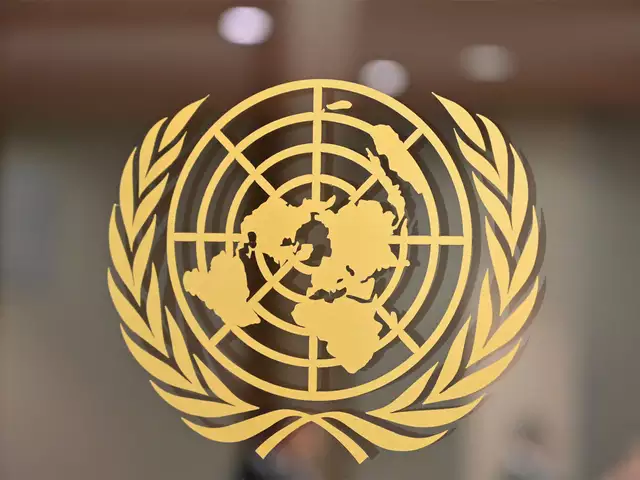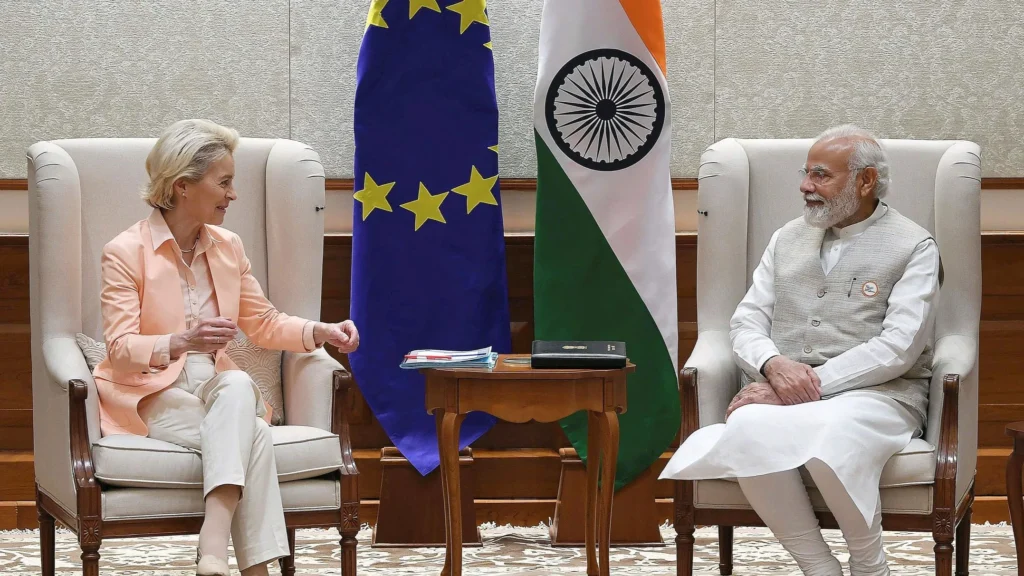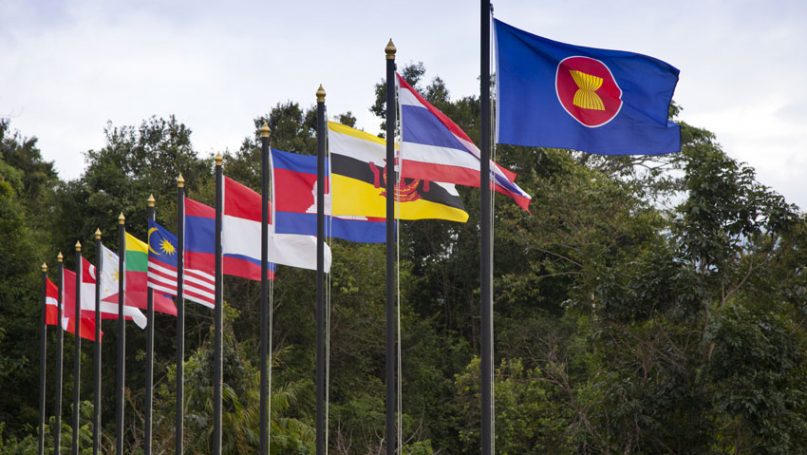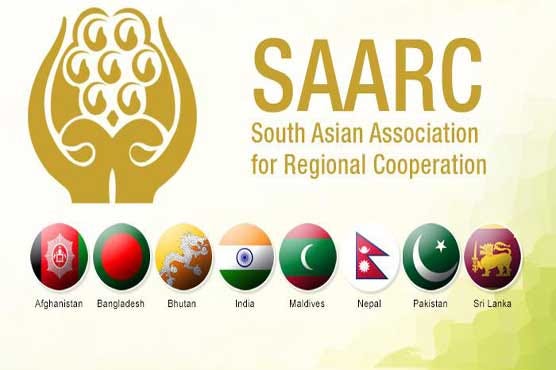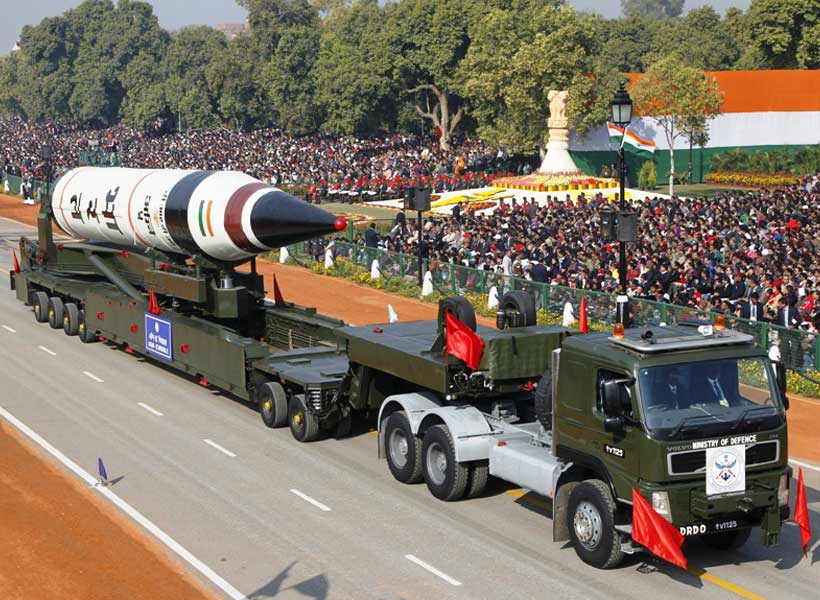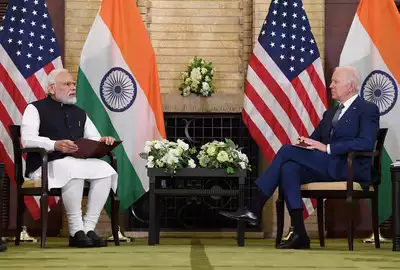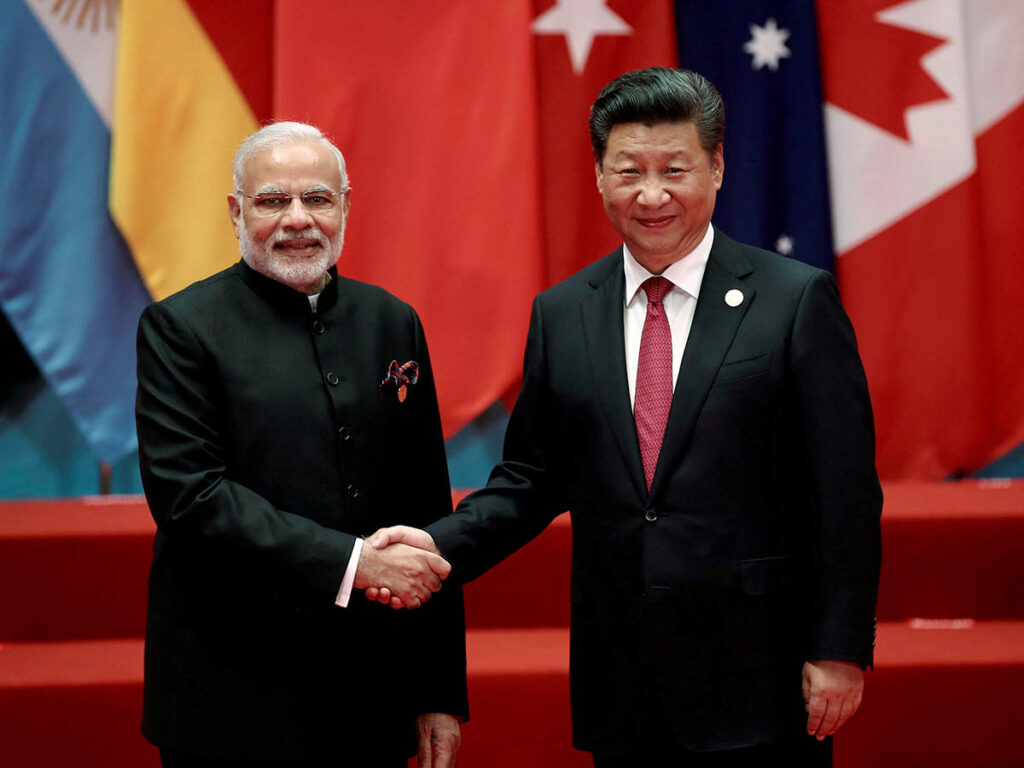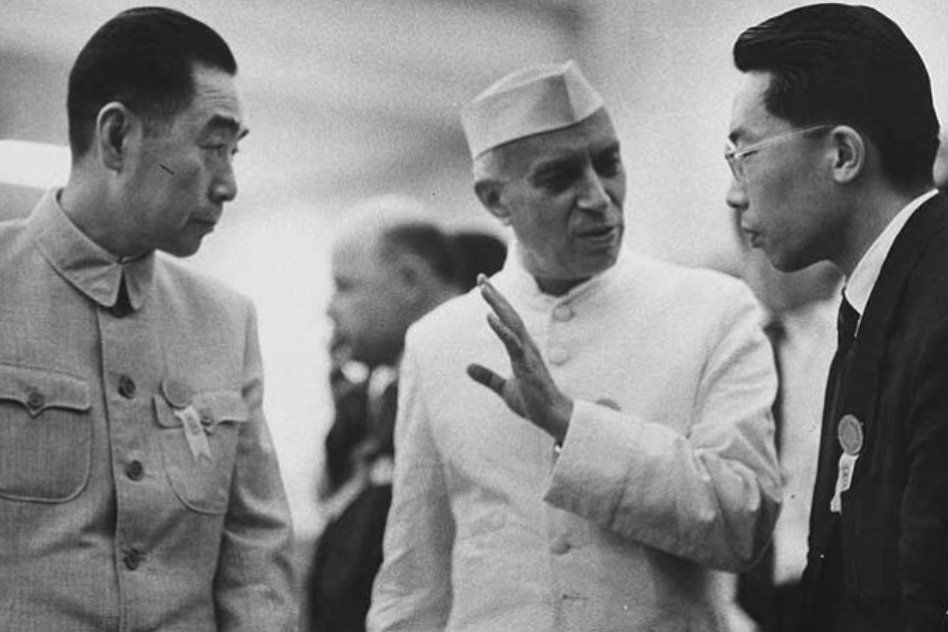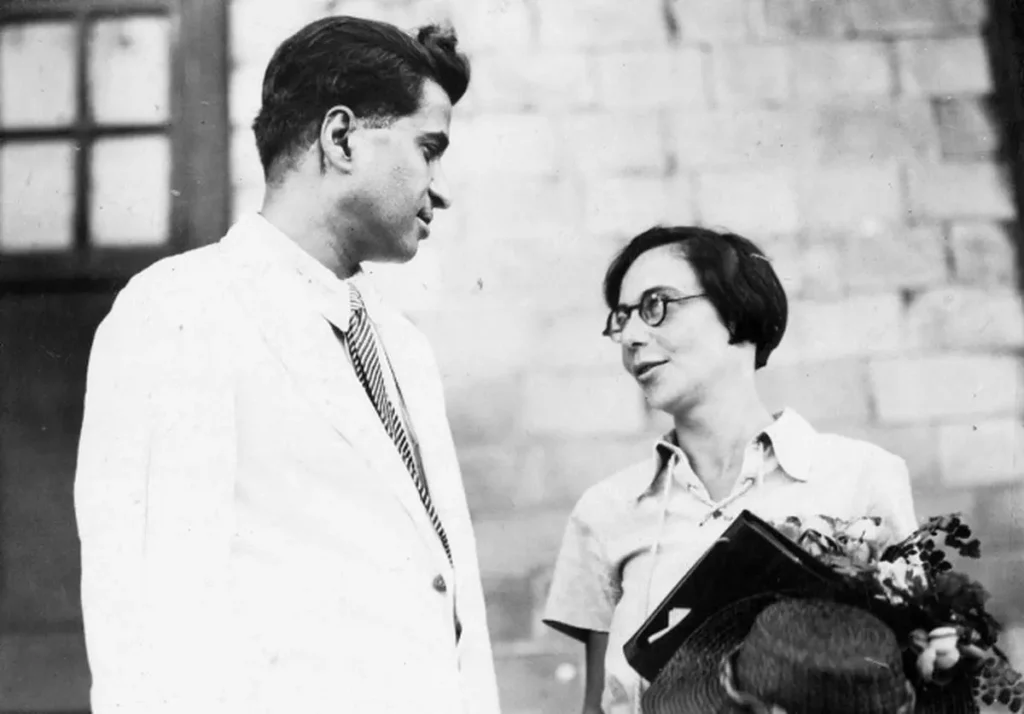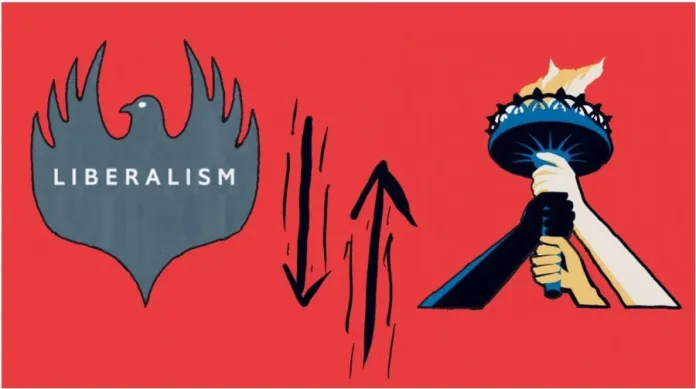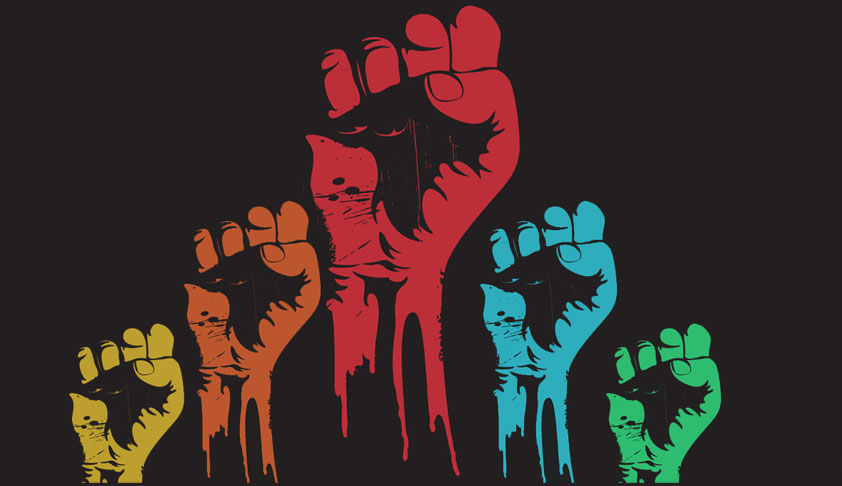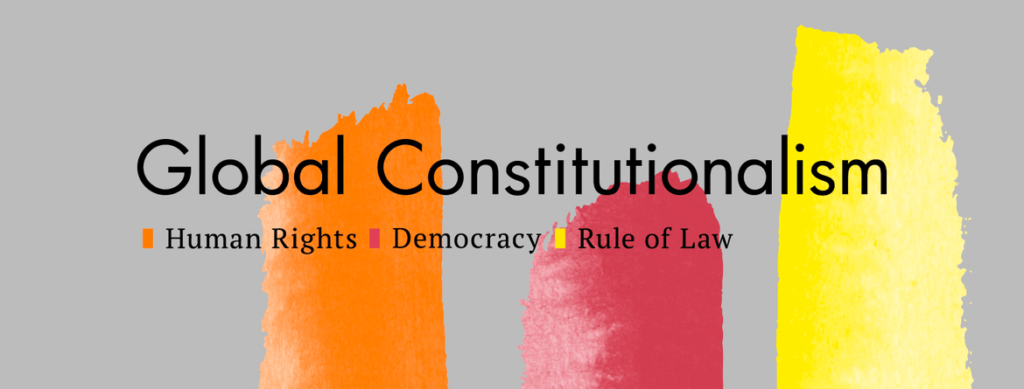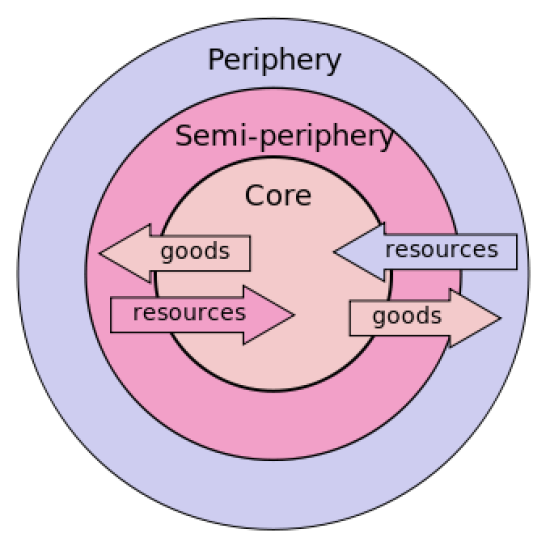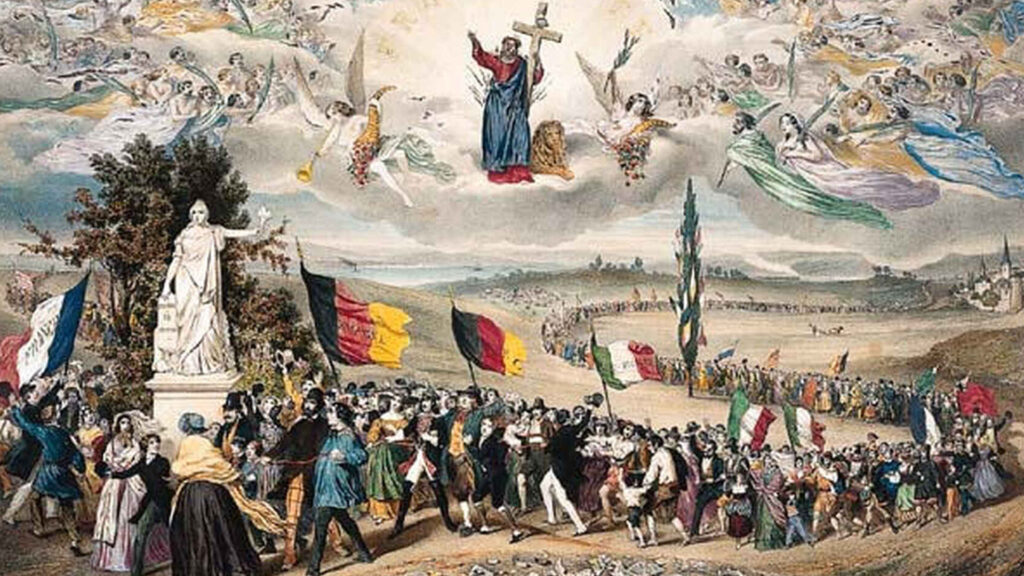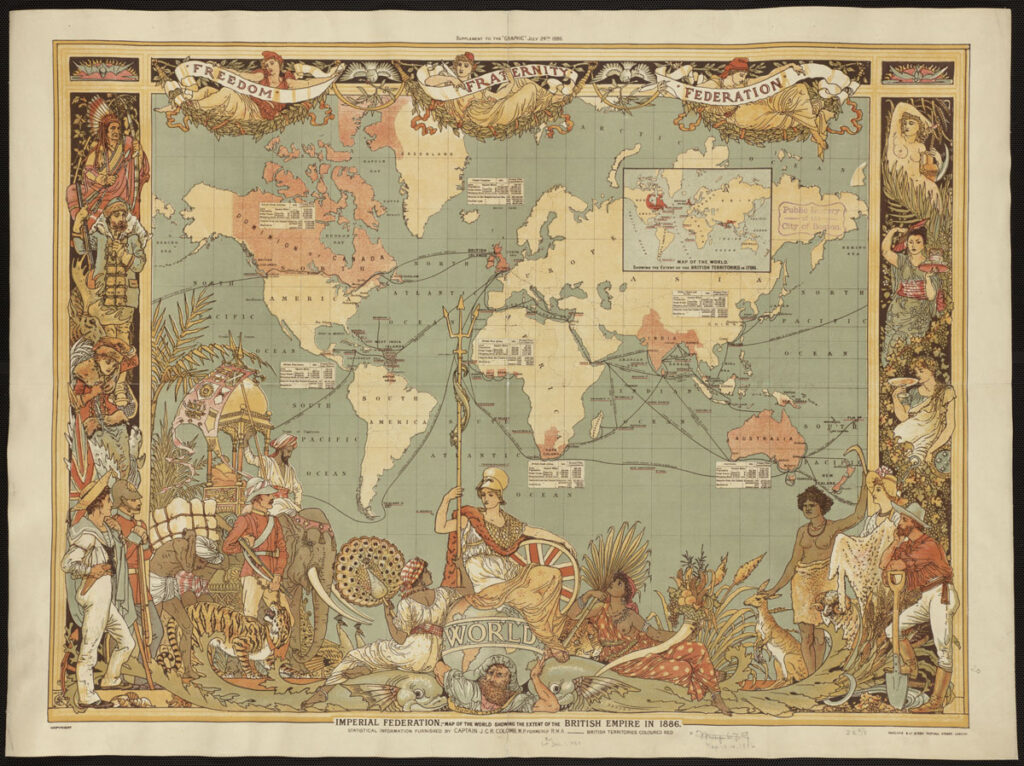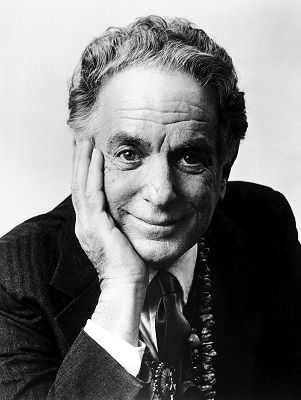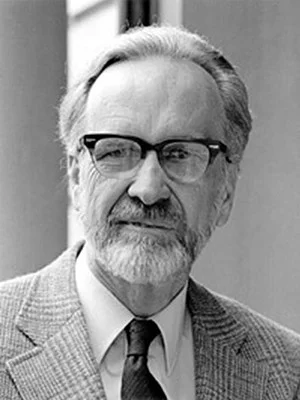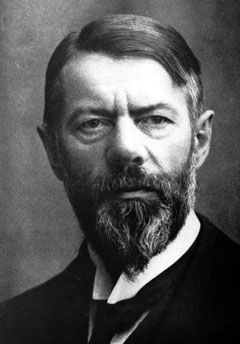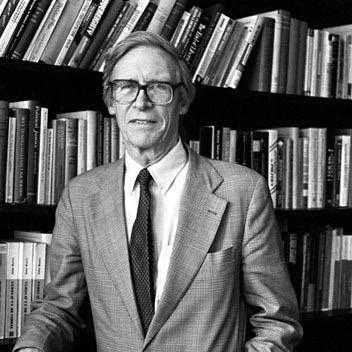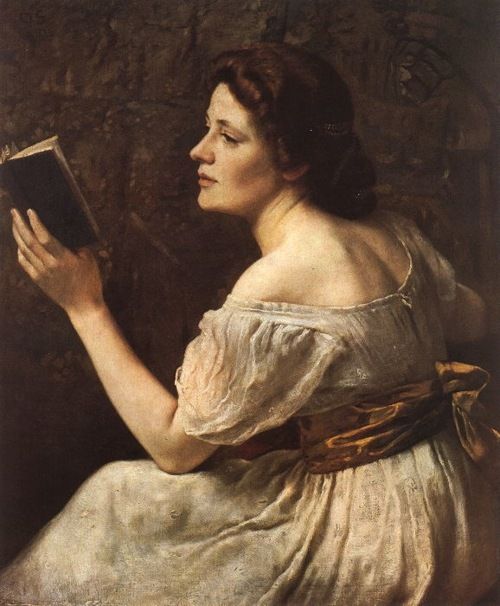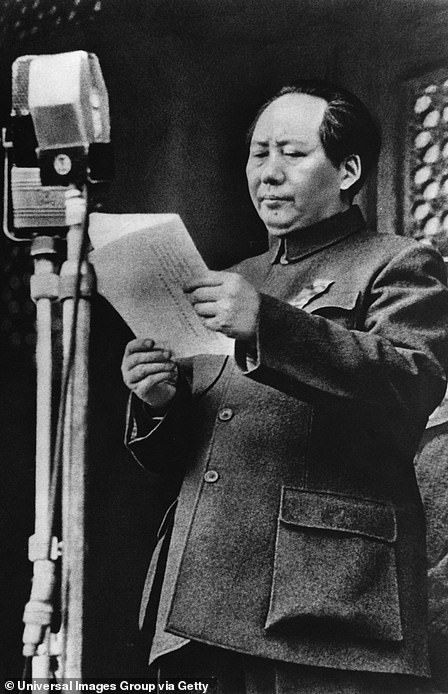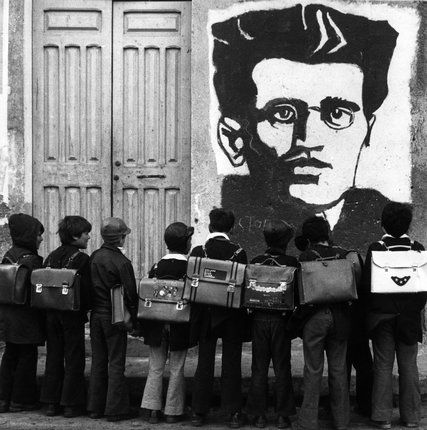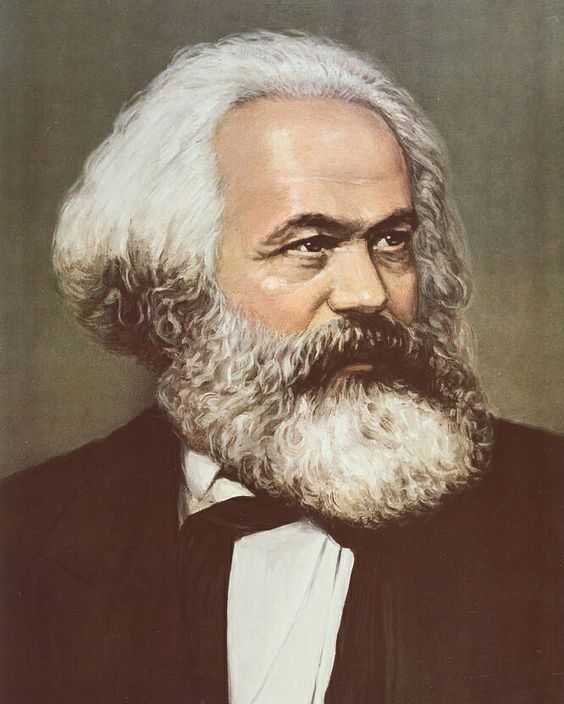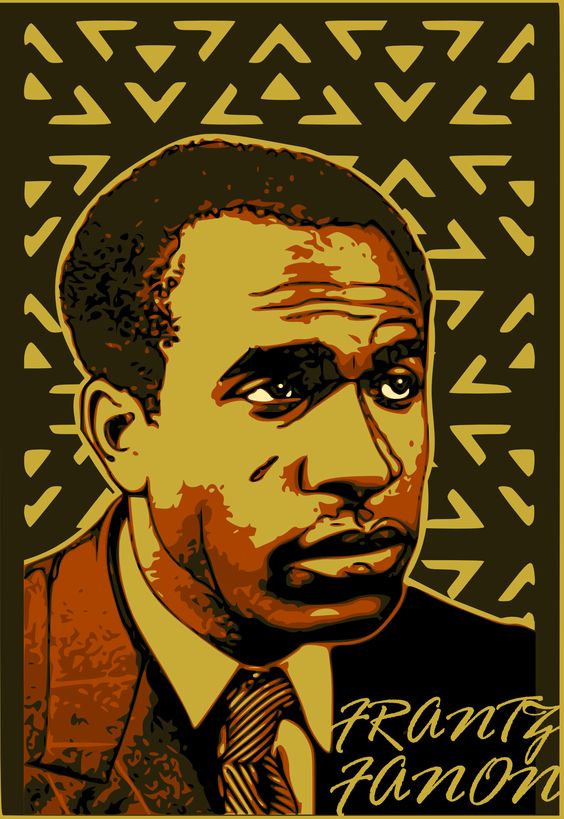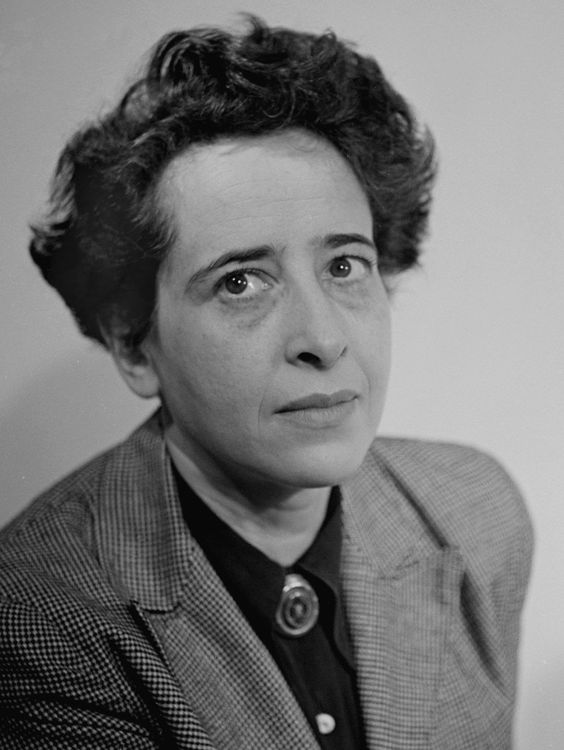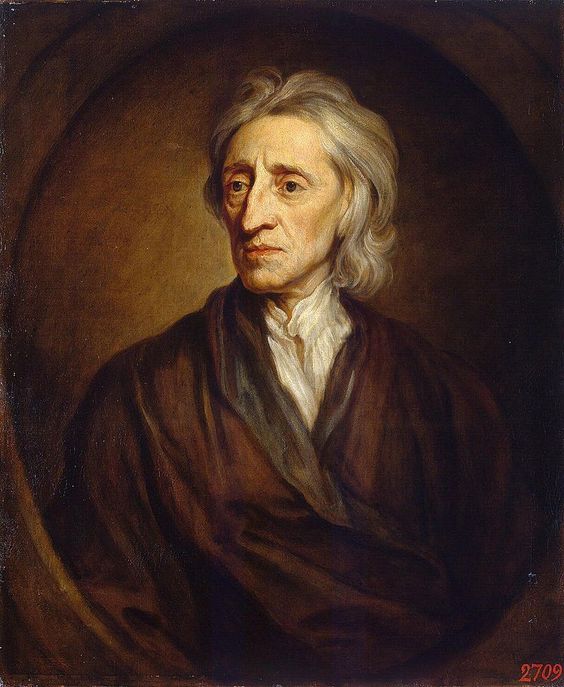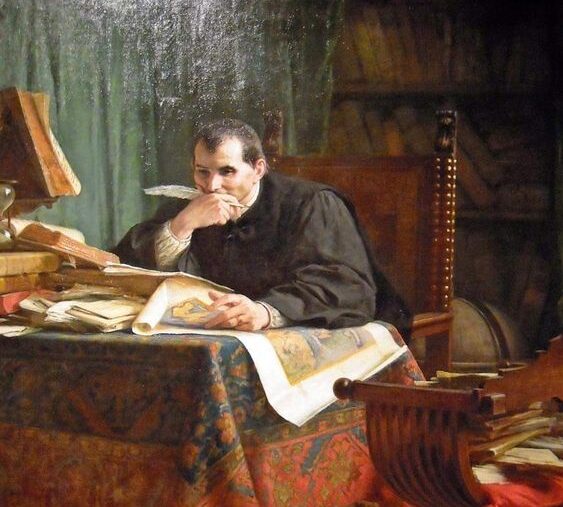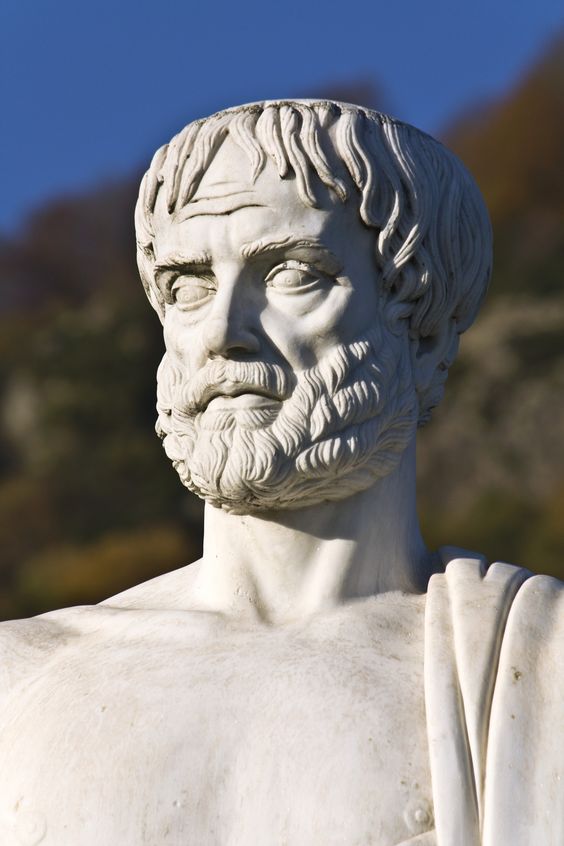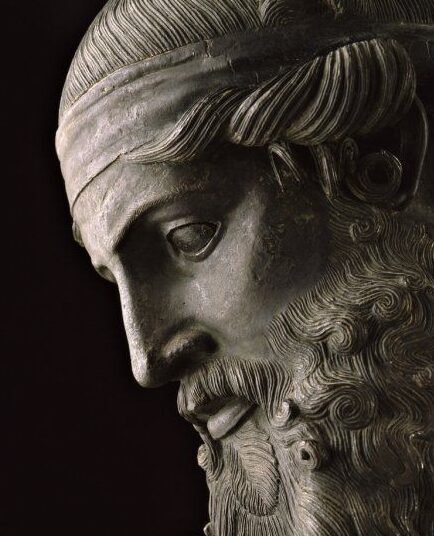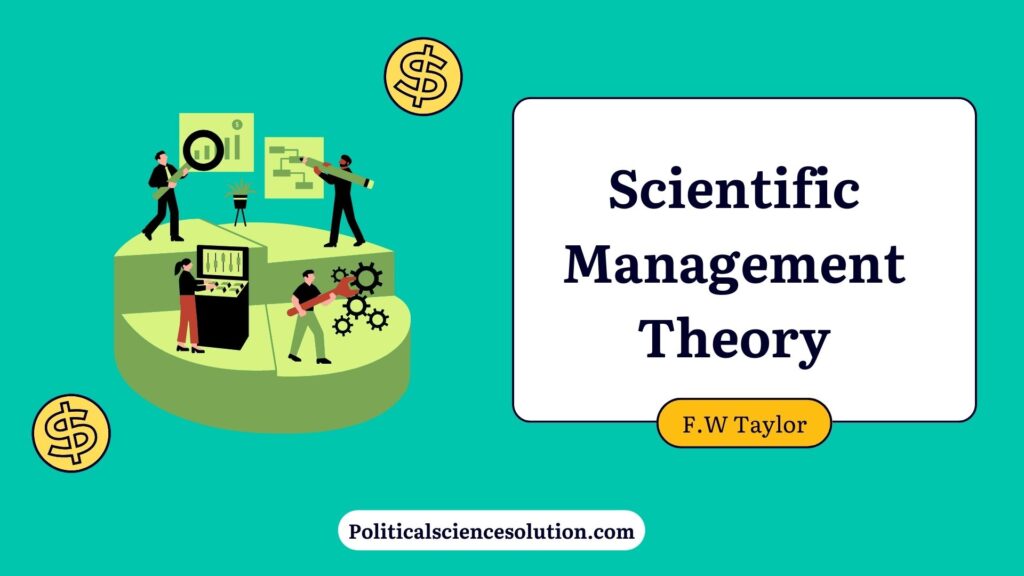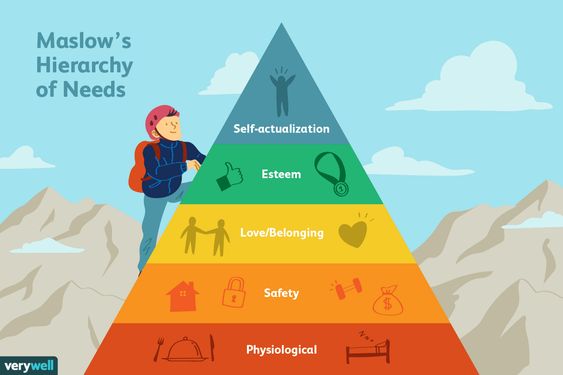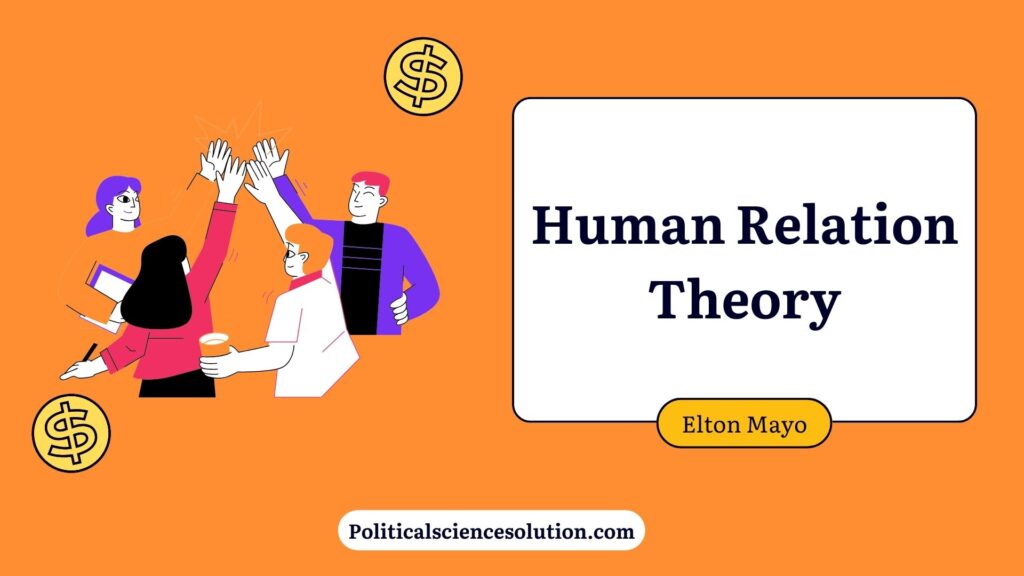Critical International Theory examines power dynamics, norms, and inequalities in global politics, emphasizing emancipation, social justice, and questioning dominant narratives. It scrutinizes how systems maintain hierarchies and advocates for transformative change toward equality and inclusivity.
Introduction:
Critical International Theory, rooted in the neo-Marxist philosophy of the Frankfurt School, emerges as a dynamic intellectual framework. Originating in the early 20th century, this paradigm draws inspiration from the critical methodologies of both Karl Marx and Sigmund Freud.
The foundation of critical theory is significantly influenced by Marx’s theoretical framework concerning the correlation between the economic base and ideological superstructure. It primarily focuses on examining the dynamics of power and domination, particularly within the superstructure domain. Critical theory involves a meticulous analysis of the interconnection between theoretical constructs and practical implementation. This term encompasses post-positivist theories such as feminism, post-structuralism, constructivism, and post-colonialism. These theories share a commonality in critiquing mainstream ideologies, particularly emphasizing a dissenting perspective towards neorealism.
In this article, we delve into the key tenets, origins, and main assumptions of Critical International Theory, shedding light on its impact on post-positivist theories and its critique of mainstream ideologies.
Table of Contents
Origins and Evolution:
The roots of Critical International Theory can be traced back to the establishment of the Institute for Social Research at the University of Frankfurt in 1923. The Frankfurt School’s thinkers, fueled by Marxist and Western Marxist theorizing, sought to reimagine and reformulate prevailing understandings across various intellectual strands. This movement, encompassing diverse disciplines, later culminated in the development of the Critical Theory associated with the Frankfurt School, notably through the contributions of scholars like Jurgen Habermas.
Main Assumptions:
- Dynamic Human Nature: Critical International Theory posits that human nature is not fixed, rejecting static notions in favor of a dynamic understanding of human behavior and societies.
- Addressing Poverty and Inequality: At its core, the primary purpose of Critical Theory is to address and resolve issues of poverty and inequality. It advocates for human emancipation as a key goal.
- Analyzing Theory and Practice: The theory asserts that the relationship between theoretical constructs and real-world practices should be meticulously examined to unearth essential truths. This analytical approach aims to bridge the gap between abstract concepts and practical applications.
Key Scholars in Critical International Theory: Pioneers and Influential Minds
Critical International Theory owes much of its foundation and evolution to the intellectual contributions of key scholars. This article highlights the seminal work of Max Horkheimer, Theodore Adorno, Herbert Marcuse, and Jurgen Habermas, each leaving an indelible mark on the development and understanding of critical theory.
Max Horkheimer: The Architect of Critical Theory
Max Horkheimer stands as the trailblazer who first conceptualized ‘critical theory.’ His groundbreaking work, ‘Traditional and Critical Theory’ (1937), marked a pivotal moment in intellectual history. Horkheimer’s astute observations on the distinction between traditional and critical theory laid the groundwork for future thinkers. Notably, ‘The Dialectic of Enlightenment,’ a collaboration with Adorno, delved into the cultural landscape, initiating profound reflections on the role of the culture industry.
Theodore Adorno: Critiquing Modern Society’s Morality
In his influential work ‘Minima Moralia,’ Theodore Adorno presented a critique of modern society’s amoral character through a series of self-reflective essays. He argued that the ethical pursuit of a good life was increasingly elusive under contemporary social conditions. Adorno’s insights challenged prevailing norms and prompted a reevaluation of the moral fabric within the context of evolving societal structures.
Herbert Marcuse: Unveiling the One-Dimensional Modern Persona
Herbert Marcuse, through his book ‘One-Dimensional Man’ (1964), explored the pervasive influence of rationalizing forces such as mass media, advertising, science, and technology on modern individuals. He contended that these forces were shaping individuals into becoming “one-dimensional” in both their actions and thoughts. Marcuse’s critical examination of societal control remains a significant contribution to understanding the complexities of contemporary life.
Jurgen Habermas: Advocating for Dialogical Ethics
Jurgen Habermas, in ‘Toward a Rational Society’ (1967), critiqued the instrumental rationality prevalent in modern society. He passionately argued for the establishment of a truly rational society grounded in democratic politics. Habermas went on to formulate a theory of Dialogical Ethics, asserting that the progressive aspect of reason could be realized through voluntary and unforced dialogue among citizens. His emphasis on mutual understanding and democratic discourse continues to shape discussions on societal transformation.
Overall, these key scholars have played pivotal roles in shaping Critical International Theory, contributing to its evolution and relevance. Their works continue to inspire scholars and thinkers to engage critically with societal structures, cultural norms, and the interplay between theory and practice.
Conclusion:
Critical theory endeavors to scrutinize society, social frameworks, and power systems with the goal of instigating transformative, egalitarian societal changes. As expressed by Horkheimer in 1985, it envisions a better reality that transcends existing oppressive conditions, emphasizing the transformation of utopian ideals as the contemporary arena for practical action. Therefore, critical theory aspires to construct a new world, echoing Horkheimer’s vision in 1985.
